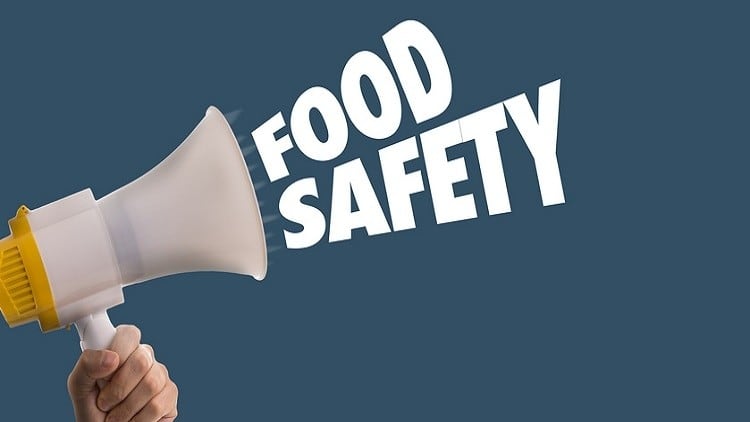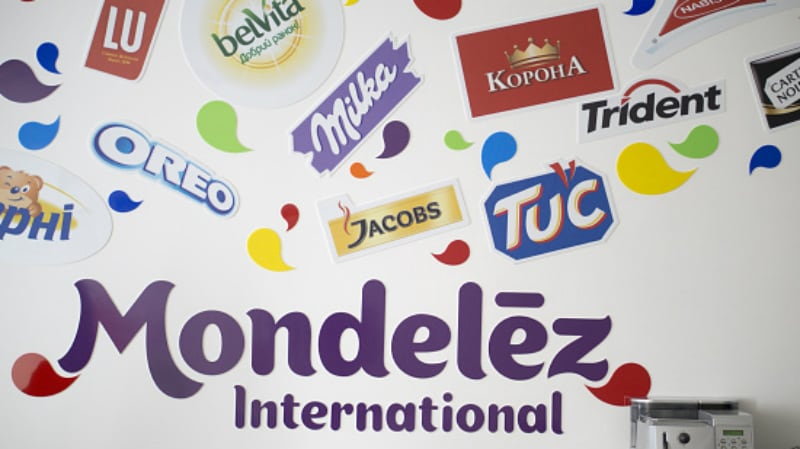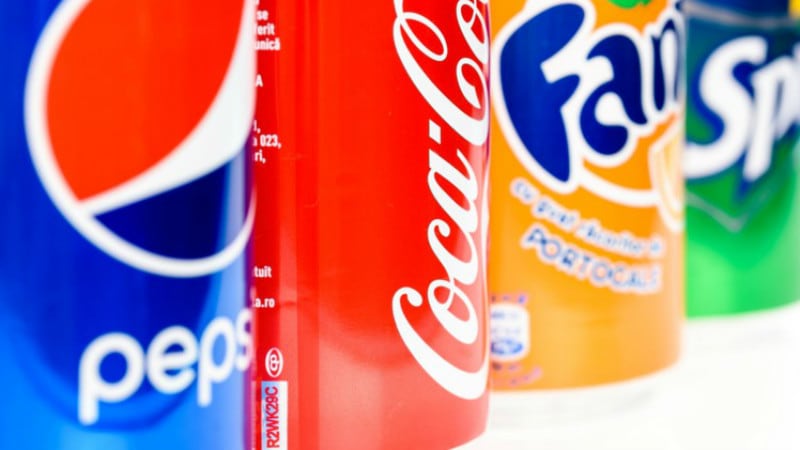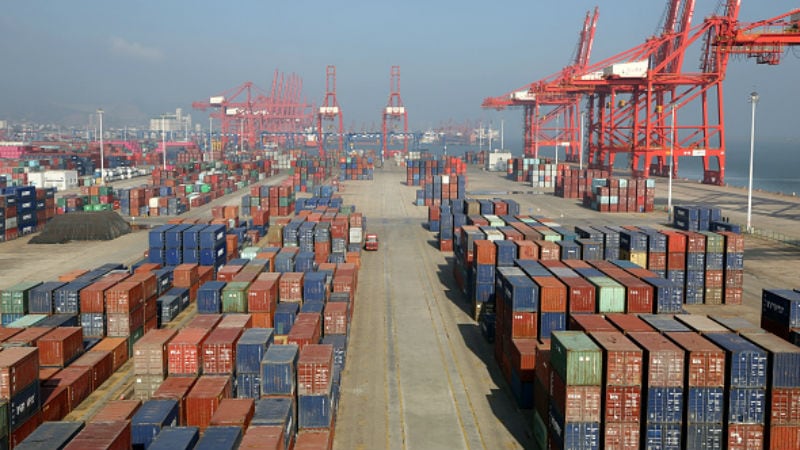Across a series of four advisories, 17 items were mentioned in total, 14 of which were food products and the remaining three food supplements. In addition, six other advisories comprising 31 health supplements were also issued with similar warnings.
Of the 14 food products mentioned, 10 were a variety of instant drink mixes from coffee to lemonade, and the remaining four were purified water, vegetable bouillon cubes, salted egg fish skin and a dessert brand.
Philippines Undersecretary of Health and FDA officer-in-charge Director General Rolando Enrique D. Domingo said that these food products were ‘not registered and the Certificates of Product Registration (CPR) not yet issued’.
“[As per the Food and Drug Administration Act of 2009, the manufacture importation, exportation, sale, [promotion], advertising or sponsorship of health products [etc.] is prohibited],” he added.
“Since these unregistered food products have not gone through evaluation process of the FDA, the agency cannot guarantee their quality and safety. The consumption of such violative products may pose health risk to consumers.
“In light of [this], the public is advised not to purchase violative products in the market. [All] concerned establishments are warned not to distribute [these].”
Doubtful health claims
Four of the flagged products were from local Filipino brand Simply Wonders, which carried a variety of unverified health claims.
“[All] claims in the advertisements are false, deceptive, and misleading. As per Administrative Order 2010-0008, no person shall advertise, promote, or use in any sponsorship any food/dietary supplements unless such product is duly registered and approved by the FDA,” added Domingo.
The brand’s Lemon Plus with Honey claimed to cleanse the intestines, hydrate the lymphatic system, boost the immune system, and decrease wrinkles and skin blemishes amongst others, whereas its Choco+ 8-in-1 Blend claimed to prevent blood clots, reduce risk of cancer and heart disease, etc.
Its Purple Corn 18-n-1 Coffee claimed to combat stress, enhance hormonal function etc., whereas its Purple Corn Juice 6-in-1 said it would help with weight loss and was ‘anti-heart diseases, anti-hypertension, anti-obesity’ and more.
The retail prices for all four products were listed as PHP300 (US$5.87) per box, but the volumes and ingredients for each were not available from either the FDA or the brand’s own website.
Blow after blow
Domingo said that these products were identified after post-marketing surveillance conducted by the FDA, possibly as an act of precaution considering the vinegar adulteration predicament the country found itself in earlier this year.
Research from the Philippines Nuclear Research Institute (PNRI) had revealed that ‘as many as eight out of ten vinegar products [on-shelf in the Philippines] are not made from natural sources’, which meant that some 280 vinegar brands in total were ‘fake’.
“Such products did not undergo the natural process of fermentation of acetic acid, which is the usual process of making vinegar. [The] synthetic or ‘fake’ vinegar [reportedly] uses glacial acetic acid, which shortens the production process,” said the FDA.
Domingo had also said that, “Synthetic acetic acid may not be harmful per se, but products using such chemicals shall have their registration with the FDA revoked for misdeclaration.”
Later, the FDA conducted a new round of tests and named just five of the ‘fake vinegar’ brands after continued public pressure, but this led to more consumer confusion with many questioning the reasoning behind the new tests and the disappearance of the rest of the ‘fake’ brands.





